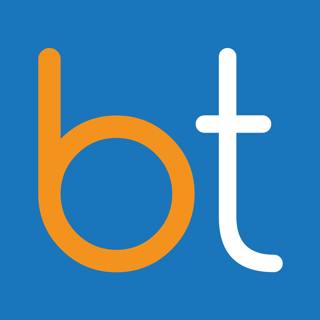
Ep. 64 Bridging to Transplant for HCC with Dr. Jennifer Berumen and Dr. Isabel Newton
Transplant Surgeon Dr. Jennifer Berumen and Interventional Radiologist Dr. Isabel Newton discuss the treatment of HCC and the importance of multi-specialty collaboration in bridging these patients to successful liver transplantation. Special discussion was given around this HCC consortium article in Annals of Surgery: https://pubmed.ncbi.nlm.nih.gov/30870180/
21 Maj 202050min

Ep. 63 IR Identity and Turf Wars with Dr. Eric Keller
Reflect on how this Podcast applies to your day-to-day and earn AMA PRA Category 1 CMEs here: https://earnc.me/48hidj Dr. Eric J. Keller from Stanford Medicine Department of Radiology provides insight from his studies on the IR Identity, as well as his research on perceived turf wars between specialties.
11 Maj 202050min

Ep. 62 Protect Yourself Before You Wreck Yourself with Dr. Mina Makary
Reflect on how this Podcast applies to your day-to-day and earn AMA PRA Category 1 CMEs here: https://earnc.me/xsBt1Y Special guest Dr. Mina Makary from The Ohio State University Wexner Medical Center discusses the need for better awareness and protection from the serious harmful effects of chronic low dose radiation, which can sometimes require change in institutional culture. An extremely important occupational health issue!
27 Apr 202026min

Ep. 61 Physician Burnout with Dr. Jeff Chick and Dr. Jacob Bundy
Reflect on how this Podcast applies to your day-to-day and earn AMA PRA Category 1 CMEs here: https://earnc.me/nl8ZgW Dr. Jeffrey Chick and Dr. Jacob Bundy discuss the results of their recent study in April JVIR on rates and major contributors to Physician Burnout in IR, how they compare to other specialties, and how to prevent it in your own career.
13 Apr 202033min

Ep. 60 Building a Limb Salvage Program with Dr. Jihad Mustapha
Reflect on how this Podcast applies to your day-to-day and earn AMA PRA Category 1 CMEs here: https://earnc.me/08KW16 CLI fighters Sabeen Dhand and Jihad A. Mustapha discuss the essentials of building a successful Limb Salvage program, including the importance of a multidisciplinary approach, broadening skill sets such as pedal access, and meticulous patient follow up.
30 Mars 202049min

Special COVID-19 Weekend Update with UPenn IR Dr. Stephen Hunt
Dr. Stephen Hunt of Penn Medicine at University of Pennsylvania Health System discusses ways in which his IR practice has changed in the setting of the COVID 19 pandemic, including case selection and lessons learned from colleagues in Singapore and China.
28 Mars 202032min

Ep. 59 Endovascular Treatment of DVT with Dr. Dexter and Dr. Abramowitz
Vascular Surgeons David Dexter and Steven Abramowitz discuss endovascular treatment of lower extremity DVT, including patient selection and risks and benefits of catheter-directed therapy (CDT), mechanical thrombectomy, and pharmaco-mechanical thrombolysis.
24 Mars 202059min

Ep. 58 Endovascular Treatment of PE with Dr. Venkat Tummala and Dr. Thomas Tu
Interventional Cardiologist Thomas Tu, MD and Interventional Radiologist Venkat Tummala MD discuss their respective approach to the treatment of Pulmonary Embolism, including risk stratification, treatment options, and endovascular technique.
11 Mars 202045min





















